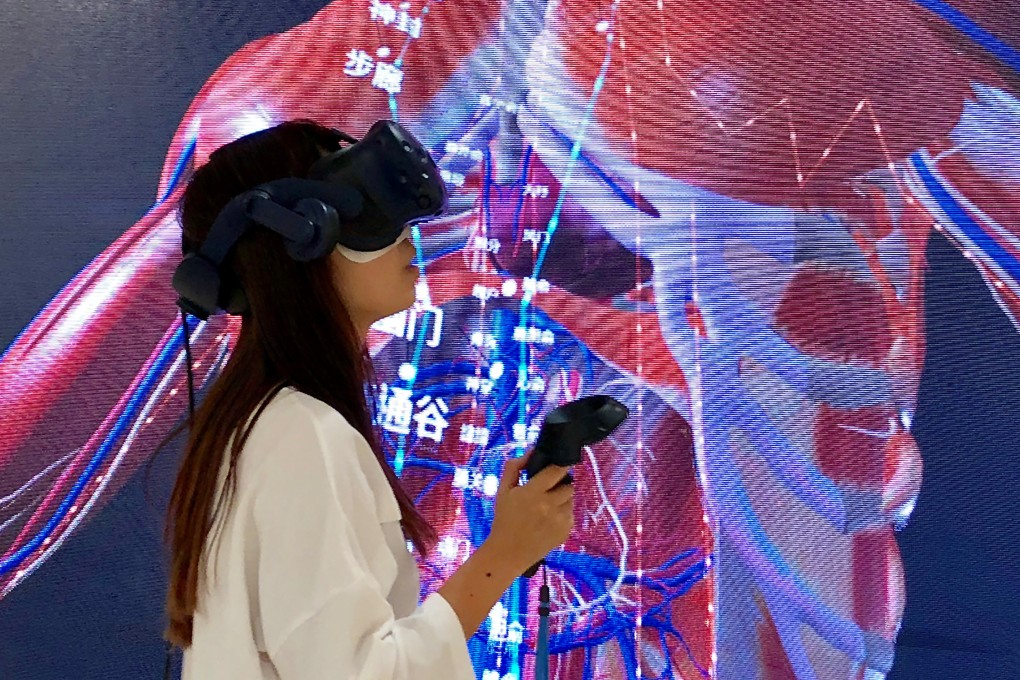Advertisement
Opinion | How the metaverse can help students and teachers adapt to a post-pandemic world
- It is easy to be sceptical about ambitions to create a digital universe, but we should not overlook the opportunities to improve education
- Virtual-reality-based learning has been shown to boost grades and student engagement – more vital than ever as Covid-19 continues to disrupt schooling
Reading Time:3 minutes
Why you can trust SCMP

There is a new digital reality on everyone’s lips; the metaverse. Being touted by Facebook as the “next chapter” of the internet, many believe it is nothing more than a diversion to deflect from the company’s tarnished reputation. I believe it is far more than that.
We mustn’t overlook what an augmented world could mean for education. The classroom could be transported anywhere from the Arctic to the Large Hadron Collider, while everything from the night sky to a racing car can become an opportunity for learning.
Since early 2020, 91 per cent of students worldwide have had their education disrupted by the pandemic. They have been forced to adapt quickly, with remote learning becoming the new normal overnight. As a result, access to technology is now a necessity, not a privilege.
Advertisement
If we can embrace technology as a learning tool during a pandemic, then we can just as easily become early adopters of the metaverse.
The term metaverse was coined in 1992 by science fiction writer Neal Stephenson, who imagined a digital universe that could be accessed through virtual and augmented reality technology. Today, this vision is no longer the stuff of fiction. Not only will the metaverse feature extensive virtual spaces, it will also enable elements of the digital world to be overlaid onto the real world through digital headsets or glasses.
Advertisement
This is a game-changer for education because it provides endless opportunities for learning. It can also help us overcome the artificial siloing of subjects, a typical feature of our outdated curriculums. Immersive learning will allow teachers to combine traditionally separate disciplines like maths and science to provide a holistic, engaging learning experience.
Advertisement
Select Voice
Select Speed
1.00x
